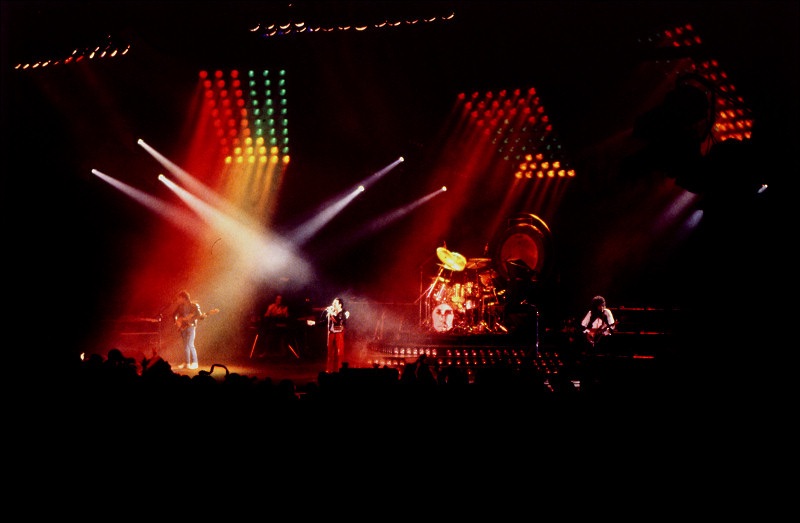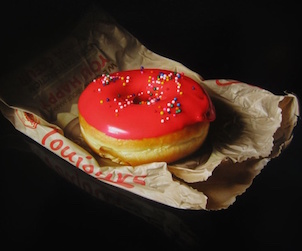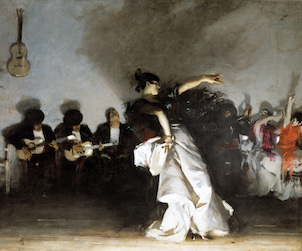Jay Whiteley’s latest Somm In The City column extends a metaphor.

I love music. I love the layers, the textures, the sounds. Not to mention the beats and rhythm.
There are many great bands out there. All working hard to make a living and get some sort of recognition. Whatever that may be to them. It is passion that fuels their fire and keeps them moving. Often in the back of a van across a country. Giving everything they have. Every night. On stage.
A restaurant is very similar. Minus the van of course. Each night a cast and crew put on a show. None are more important than each other. There may be higher profile roles, there may be charismatic people that might get your attention but, without the full support of all involved, everything falls down.
Ringo Star was the drummer that the Beatles needed because he was no complainer to the group as a whole. He could have showboated his way through the haze of the 60’s and 70’s but instead he complimented John and Paul into rhythm perpetuity. He provided the prefect beat at the right time and was just as important to the band as the rest.
John Entwistle played bass like a boss. When everyone was talking about Roger and his pinball antics or Pete’s swinging arm, it was Entwistle that was quietly completing the band. Don’t believe me?
In a restaurant the kitchen is the rhythm, the engine that keeps the train rolling. It is their passion and desire that got them there. After all, most people come to a restaurant to eat in the first place. And without food, well it certainly wouldn’t be a restaurant. And like Entwistle, Robert Fripp or even Geddy Lee, the kitchen is the bass that gets you moving. They are often in the background, behind closed doors and people are trying to figure out what is happening and why they are enjoying themselves so much. The movements are addictive.
Since the rise of The Food Network, the kitchen has taken on more of a leading role. Each new year’s crop of graduating students are looking to be the next celebrity chef. Truth is, like many great bass players before them, we have always been curious about the quite genius of the chef. Who was the waiter at Marco Pierre White’s that brought you the coffee? No one can recall who poured the wines at Escoffier’s joint. Nope. It was the chef and the food that brought people out.
But things have changed in many ways since then. In addition to the chef wanting recognition, there is another cast of characters looking for adulation. Each have their own role in the restaurant, and like any great band, each should be recognized for their contribution.
The “front of house” is the show for the evening and it can be a well choreographed event if done well. They are all dancing on the scaffolding that the chef and his team has created; scaffolding that is being held up by the “support” staff in any restaurant. The bussers, the food runners even the dishwasher all deserve high praise. Without them, the event would be a total failure.
However, the most important people of the entire show are the guests who come to eat. A production is nothing without an audience. And the best part about being of being in the audience of this social theater is that they too are part of the show. When was the last time you enjoyed a dinner in an empty quite restaurant? Me neither. The din of the room, the hustle of the waiters, the chatter and laughter of another table all help provide a temporary escape from reality. And isn’t that what music is in the first place?






